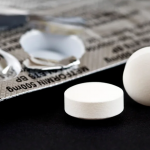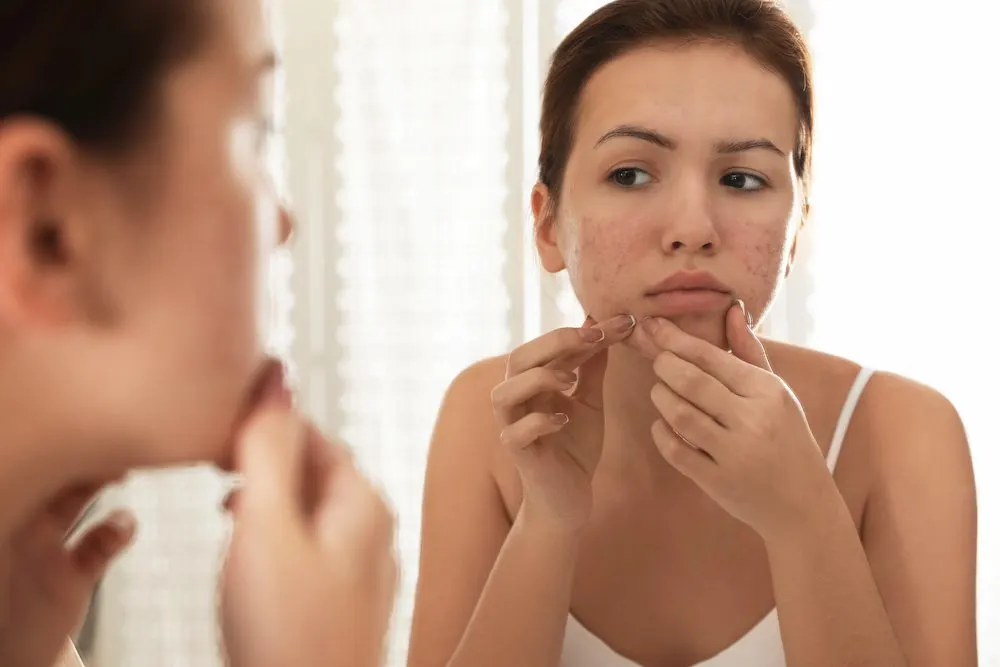In the realm of dermatology, where we constantly seek effective solutions for common skin conditions, the importance of sleep cannot be overstated. While conventional treatments and skincare routines are valuable, the profound impact of adequate sleep on skin health, particularly in the context of acne management, is increasingly gaining recognition within the medical community.
Understanding Acne:
Acne, a prevalent skin condition affecting individuals of all ages, results from a complex interplay of factors, including genetics, hormonal fluctuations, and environmental influences. The hallmark of acne is the obstruction of hair follicles by sebum and dead skin cells, leading to inflammation and the formation of various lesions.
The Science Behind Sleep and Acne:
Recent scientific research has illuminated the intricate connection between sleep and skin health, with compelling evidence suggesting that a proper sleep regimen can significantly influence the course of acne.
- Cellular Regeneration and Repair: Sleep is a period of heightened cellular activity, marked by increased production of growth hormone. This hormone plays a pivotal role in the regeneration and repair of tissues, including the skin. By fostering optimal conditions for cellular turnover, sleep aids in maintaining a healthy and resilient skin barrier, ultimately mitigating acne symptoms.
- Inflammation Reduction: Acne is inherently linked to inflammation, and the inflammatory response is intricately regulated during sleep. Restorative sleep contributes to a systemic decrease in inflammatory markers, thereby attenuating the inflammatory cascade associated with acne lesions. As dermatologists, we recognize the potential of adequate sleep as an adjunctive measure in controlling acne-related inflammation.
- Hormonal Harmony: Hormonal imbalances, particularly elevated androgens, are implicated in the development of acne. Sleep plays a crucial role in hormonal regulation, with disruptions in sleep patterns potentially leading to imbalances in cortisol, insulin, and sex hormones. By promoting hormonal equilibrium, adequate sleep serves as a valuable ally in acne management.
- Optimized Immune Function: The immune system’s function is closely intertwined with sleep, and a well-rested immune system is better equipped to defend against microbial invaders and maintain skin health. Enhanced immune function translates into a more robust defense against the bacteria implicated in acne development.
Clinical Recommendations:
As dermatologists committed to comprehensive patient care, we advocate for the integration of proper sleep hygiene into acne management strategies. Here are practical recommendations for optimizing sleep and promoting skin health:
- Consistent Sleep Schedule: Encourage patients to establish a consistent sleep schedule, aiming for 7-9 hours of quality sleep per night.
- Stress Management: Address stress management, as stress can disrupt sleep patterns and exacerbate acne. Techniques such as mindfulness, meditation, and relaxation exercises may prove beneficial.
- Sleep Environment Optimization: Advise patients to create a conducive sleep environment by maintaining a cool, dark, and quiet bedroom. Investing in comfortable bedding can enhance sleep quality.
In the dynamic field of dermatology, where the pursuit of optimal skin health is a shared endeavor, acknowledging the symbiotic relationship between sleep and acne is pivotal. As dermatologists, we advocate for a holistic approach that recognizes the therapeutic potential of sleep in promoting skin regeneration, reducing inflammation, and balancing hormonal dynamics. By incorporating evidence-based sleep practices into acne management plans, we empower our patients to harness the remarkable healing power of sleep for clearer, healthier skin.










